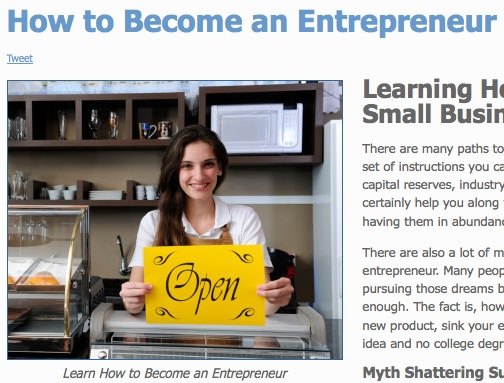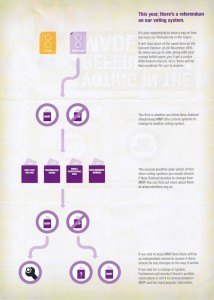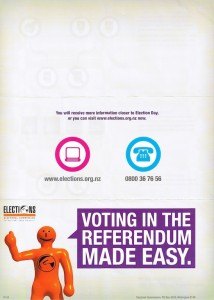Colin Craig’s Conservative Party of stock photos
Here’s a selection of where stock photos used in mailer six (pdf) are used elsewhere on the internet. Part one of our stock photo adventure is here.
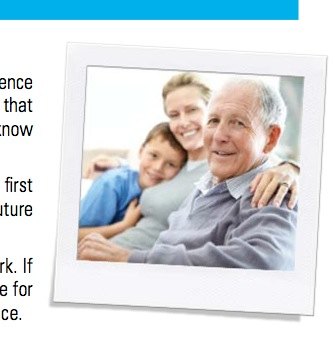
Conservative Party image

—
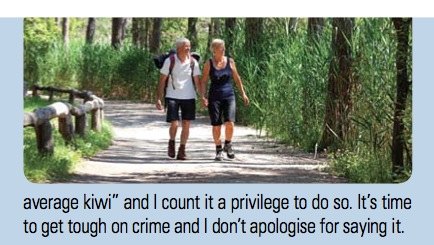 Conservative Party image
Conservative Party image

—
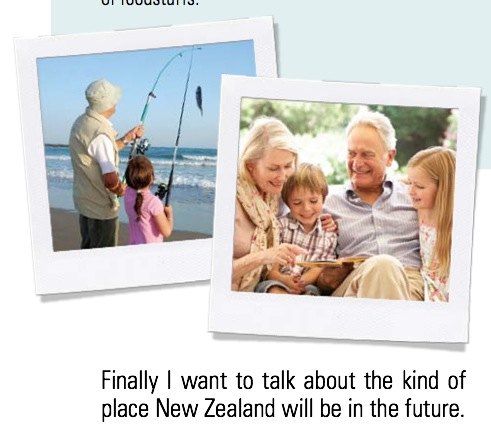 Conservative Party image
Conservative Party image

Quote Alabama Insurance
The Conservative Party is a bad influence
The ACT Party are using stock images on their Facebook pages. Here’s some from their small business section.
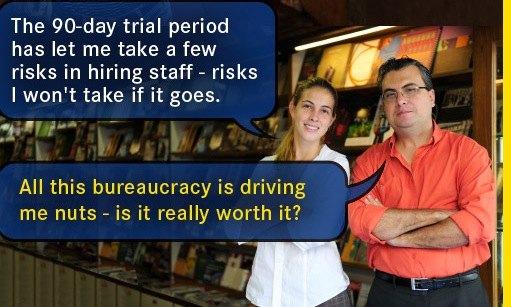 ACT Party image
ACT Party image
 Terrace 139 Creative
Terrace 139 Creative
—
 ACT Party image
ACT Party image
—
And from the Gen Y section.
 ACT Party image (you’d think they’d actually use a New Zealander)
ACT Party image (you’d think they’d actually use a New Zealander)

Six reasons not to vote Conservative tomorrow
From their handy ‘How Conservative Are You?’ quiz.
- Welfare reform so that there is no pay without work and incentives are toward working and couples staying together. No benefits (“no pay without work”). Concerning that they want to incentivize couples to stay together. Creates a, I assume, financial, incentive to stay in a domestic violence situation. Not everyone wants to have a partner and they shouldn’t be penalized for that.
- That the legal drinking age be raised to 21 years of age. War on youth.
- That the ban on smacking be removed with a return to parents being able to use reasonable force in correcting their children. The law already has an exception “if the force used is reasonable in the circumstances”. Force shouldn’t be used instead of proper parenting.
- Tougher sentences for violent criminals along with a requirement that they work and learn while imprisoned. “Requirement that they work” seems like it would be slavery. Locking people up longer isn’t the magic answer to crime.
- In sentencing ‘life’ imprisonment shall actually mean life imprisonment. As above, this isn’t the magic bullet.
- That Citizens Initiated referendum should be binding if 67% or more of votes cast favour the proposal. (and apparently we’re having a referendum in 2014 – “That the 2014 election referendum should include the following questions …”) – Referenda are stupid in that questions are often worded in a way that solicits the response desired by the people behind the referendum. Binding referenda could unfairly affect minority groups. Here are some examples of ridiculous referenda we have had:
- Should the number of professional firefighters employed full time in the New Zealand Fire Service be reduced below the number employed on 1 January 1995? (12.2% yes, 87.8% no – 1995 – 27% turnout)
- Should there be a reform of our justice system placing greater emphasis on the needs of victims, providing restitution and compensation for them and imposing minimum sentences and hard labour for all serious violent offences? (91.8% yes, 8.2% no – 1999 – 84.8% turnout, held on day of general election) [emphasis mine, did 91% of New Zealanders who voted really support hard labour? Unlikely. Were they voting for better treatment of victims? Probably.]
- I vote for compulsory military training. I vote against compulsory military training. (77.9% in favour, 22.1% against – 1949 – 63.5% turnout)
If I have crushed your Conservative Party dreams, and/or you’re not sure who to vote for tomorrow, check this website out.

